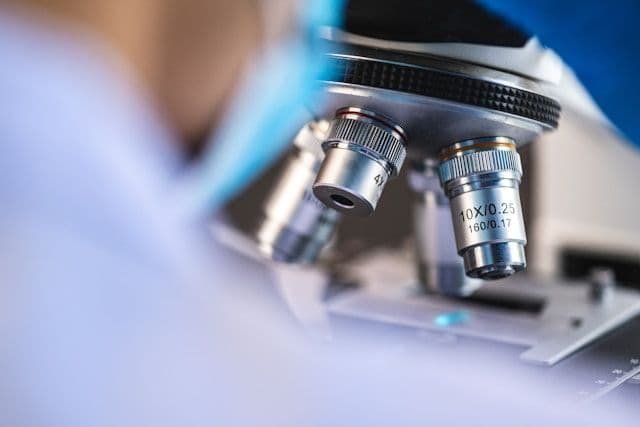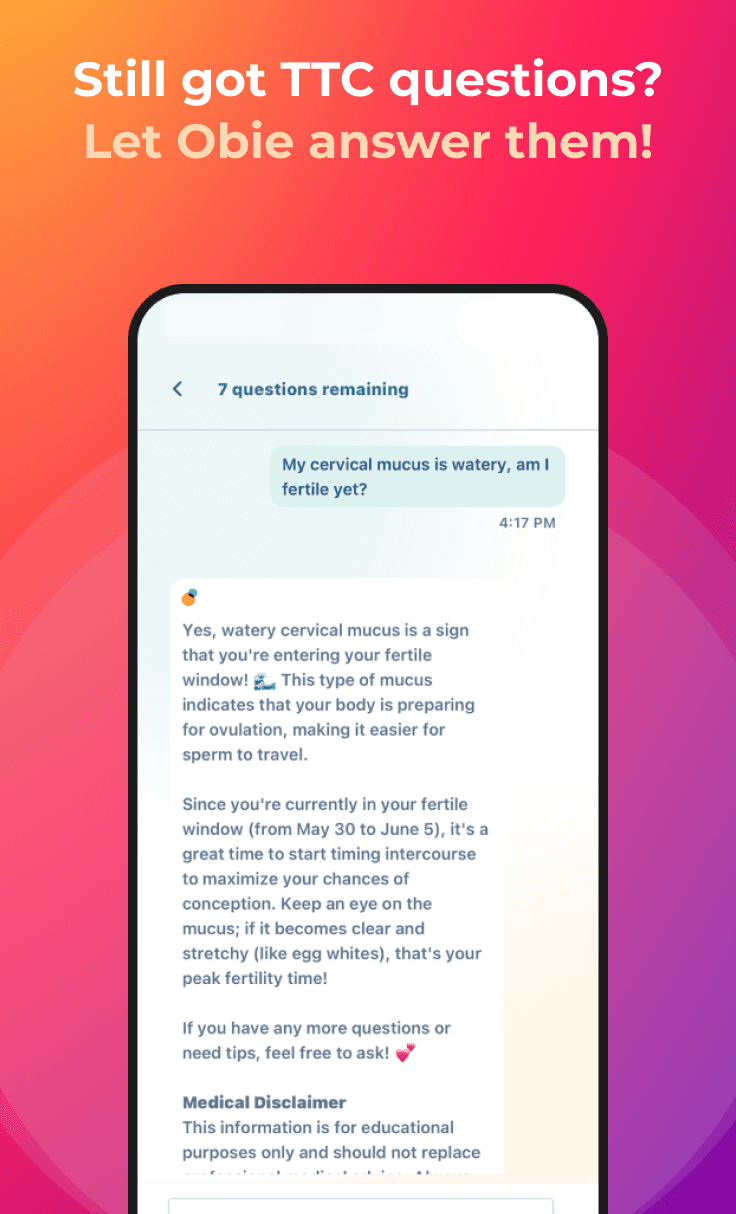Age-Related Changes in Oocyte Quality
Obie Editorial Team

For those trying to conceive later in life, understanding how aging affects egg quality is essential. While a decline in egg quantity is widely known, the changes in egg quality are equally — if not more — important in determining fertility outcomes.
Why and How Does Egg Quality Decline with Age?
Aging eggs are more susceptible to chromosomal abnormalities, a primary factor behind fertility challenges as women get older. These abnormalities increase the risk of failed implantation, miscarriage, and genetic conditions such as Down syndrome.
- Aneuploidy Risk: As women age, the risk of eggs developing the wrong number of chromosomes rises. By age 40, the likelihood of aneuploidy increases significantly.
- Mitochondrial Dysfunction: Mitochondria — the energy producers within cells — deteriorate with age, reducing the energy supply needed for cell division and development.
- DNA Damage: Aging eggs accumulate DNA damage, making them more prone to fertilization issues and failed embryo development.
What Can Be Done to Support Egg Quality?
While age-related changes cannot be reversed, there are proactive steps you can take:
- Coenzyme Q10 (CoQ10): Research suggests CoQ10 may improve mitochondrial function in eggs, supporting better cell energy production.
- Antioxidant-Rich Diet: A diet high in fruits, vegetables, and healthy fats can reduce oxidative stress, which may help protect egg quality.
- Minimize Environmental Toxins: Reducing exposure to harmful chemicals, like those in plastics and pesticides, may help preserve egg health.
Egg quality is a critical factor in achieving a healthy pregnancy later in life. By understanding the biological changes that occur with age and exploring ways to optimize egg health, you can improve your fertility journey.
Source:
Ma, J.-Y., Li, S., Chen, L.-N., Schatten, H., & Ou, X.-H. (2020). Why is oocyte aneuploidy increased with maternal aging? Journal of Genetics and Genomics, 47(11), 659-671.








